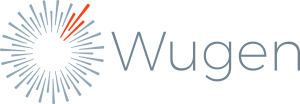
Wugen: deploying memory NK cells against cancer
AND TURNING ALLOGENEIC CAR T CELLS AGAINST T CELL MALIGNANCIES
BY LAUREN MARTZ, SENIOR EDITOR
MAY 17, 2021 | 2:08 PM EDT
Wugen is adding a new subset of NK cells to the cell therapy toolkit with its memory NK cell approach, which may lead to high antitumor efficacy without requiring a CAR or other modifications.
The company was formed in 2018 to develop off-the-shelf CAR T cell therapies, but broadened its scope to include memory NK cells after in-licensing the technology from Washington University in St. Louis last year.
Now, it has programs for both cell types running in parallel, with each expected to start clinical development next half.
Unmodified NK cells have historically fallen short on efficacy, and companies have increasingly turned to the addition of a tumor antigen-specific CAR to harness and concentrate activity against the tumor. CAR NK cells are attracting broad industry attention as clinical validation builds.
“NK cell platforms are now really coming to the fore in industry in terms of the realization that off-the-shelf, allogeneic NK cells will be competitive against CAR T cells,” said Daniel Kemp, who joined Wugen as CEO this month after serving as VP and head of cell therapies BD & operations at Takeda Pharmaceutical Co. Ltd. (Tokyo:4502; NYSE:TAK).
Wugen thinks its memory NK cells may attain high levels of efficacy without a CAR.
CMO Jan Davidson told BioCentury memory NK cells are a subset with an enhanced effector function. Specifically, they express more activating receptors and have fewer inhibitory signals. They also produce more cytotoxic effector molecules and cytokines to activate downstream components of the immune system, and they persist longer.
He added that most NK cell therapies aren’t enriched for the memory NK subpopulation because the subtype is formed through a process that naturally occurs in the tumor, but NK cell therapies are usually sourced from cord blood or induced pluripotent stem cells.
The company has an in vitro process for converting NK cells harvested from healthy donors into the memory phenotype using cytokines to drive them into a highly activated functional state.
The memory NK cells have been tested in investigator-initiated studies at Washington University in St. Louis in several acute myelogenous leukemia (AML) settings. Next, Wugen plans to begin a study in the relapsed/refractory population.
“We’re building on the existing data in AML, where there’s a high unmet need and the cells can be potentially curative. This is a quick path to develop this strategy and be able to help patients in short order, but after that, there are a lot of different opportunities,” said Ryan Sullivan, VP and head of NK research at Wugen.
Davidson noted that the company has strong preclinical evidence of efficacy in solid tumors.
Kemp added that the company will explore engineered versions of the cells as well, “whether through CAR mechanisms or other types of modifications.”
In solid tumors, Sullivan told BioCentury there’s an opportunity to combine the NK cells with mAbs that act via antibody-dependent cellular toxicity (ADCC) — a process that recruits NK cells to kill the antibody-bound tumor cells. Many cancer therapies including anti-CTLA-4 mAb Yervoy ipilimumab heavily rely on ADCC for therapeutic efficacy, and are less effective in patients with compromised innate immune systems.
“A lot of the patients who these mAbs are administered to have some level of immunosuppression, so there’s a poor response, but we’re providing the engine to potentiate the ADCC capability,” said Sullivan.
Kemp noted Wugen is interested in building strategic relationships around the ADCC mechanism.
With its allogeneic CAR T cell platform, Wugen is first tackling T cell malignancies. The indication has proven challenging because when designed to hit a T cell target on malignant cells, the CAR Ts can destroy themselves through fratricide. Wugen is sidestepping fratricide by deleting CD7.
At least four companies have CAR T cell therapies in development to treat T cell cancers. Davidson and Sullivan aren’t aware of other companies developing memory NK cell therapy products.
In March, Wugen granted development, manufacturing and commercialization rights to Alpha Biopharma Inc. for its universal memory NK and CAR T cells for certain cancers in mainland China, Hong Kong, Macao, Taiwan and Singapore. The same month, it signed a deal with HCW Biologics Inc. to use its fusion molecules in the manufacturing of Wugen’s cell therapies.
The company raised $36 million in a series A round, and is currently raising a series B round.
COMPANY PROFILE
Wugen Inc.
St. Louis, Mo.
Technology: Memory NK cell therapy and CAR T cells
Origin of technology: Washington University in St. Louis (NK cells)
Disease focus: Cancer
Clinical status: Phase I/II
Founded: 2018
Academic collaborators: Washington University in St. Louis
Corporate partners: Alpha Biopharma Inc.
Number of employees: Over 30
Funds raised: $36 million
Investors: Rivervest, LC Endeavor and Lyzz Capital
CEO: Daniel Kemp
Patents: Unavailable

